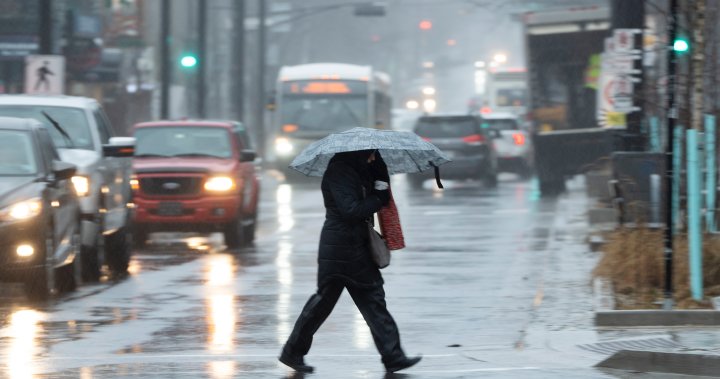The summer of 2024 has been deemed Canada’s most destructive season on record for insured losses due to severe weather events by the Insurance Bureau of Canada. The bureau estimates that a group of storms and wildfires has resulted in a combined $7 billion in insured losses, surpassing the $6.2 million cost of the Fort McMurray wildfire in 2016. This amount is ten times higher than the average of $701 million a year for severe weather losses between 2001 and 2010.
The damages from the severe weather events in the summer of 2024 include a wildfire in Jasper, Alberta, flooding in southern Ontario and Quebec, and a hailstorm in Alberta. These events have led to about 228,000 insurance claims, which is a 406 percent increase compared to the two-decade average. The Insurance Bureau of Canada is urging provincial and federal governments to view climate change as a crisis and work together to reduce disaster risk. In 2023, severe weather events in Canada caused over $3.1 billion in insured damage.
The Insurance Bureau of Canada’s president, Celyeste Power, is advocating for a collaborative response to climate change and its impact on severe weather events. The agency is calling for a coordinated effort from all levels of government to address the rising costs and damages from these events. The increased frequency and severity of severe weather events highlight the urgent need for proactive measures to mitigate risks and protect communities.
The Insurance Bureau of Canada’s data shows a significant increase in insured losses from severe weather events in recent years, with the summer of 2024 setting a new record. The rising costs of damages underscore the importance of adapting to the changing climate and implementing strategies to minimize the impact of severe weather events. By working together with government agencies, insurers, and communities, it is possible to reduce vulnerabilities and enhance resilience to extreme weather conditions.
As the effects of climate change continue to manifest in the form of severe weather events, it is crucial for governments to prioritize disaster risk reduction and climate adaptation measures. The Insurance Bureau of Canada’s call for a crisis response to climate change underscores the need for proactive and coordinated action to address the growing challenges posed by extreme weather events. By investing in resilience strategies and implementing sustainable practices, it is possible to build more secure and sustainable communities for the future.
In conclusion, the summer of 2024 has been marked as Canada’s most destructive season on record for insured losses due to severe weather events, with damages totaling $7 billion. The Insurance Bureau of Canada is urging governments to view climate change as a crisis and collaborate on reducing disaster risk. By taking proactive measures and investing in climate adaptation strategies, it is possible to mitigate the impacts of severe weather events and build more resilient communities for the future.


